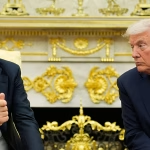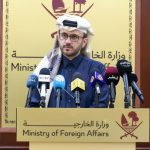In the event, the agencies shared their success stories and best practices in utilizing technology to enhance transparency and fight against corruption. The focus was on how technology has been leveraged to improve processes, increase accountability, and eliminate opportunities for corruption in the public sector. Participants discussed the importance of using data analytics, artificial intelligence, blockchain, and other advanced technologies to prevent and expose corrupt practices.
One of the key highlights of the event was the presentation by the ACTA on the digital tools and platforms they have developed to streamline anti-corruption efforts. These tools include online reporting systems, digital dashboards for monitoring corruption cases, and data analytics software for detecting suspicious activities. The Ministry of Interior also showcased their use of technology in conducting investigations and gathering evidence to prosecute corrupt individuals.
The event also served as a platform for networking and collaboration among the anti-corruption agencies in the Gulf Cooperation Council. Participants had the opportunity to exchange ideas, learn from each other’s experiences, and establish partnerships for future initiatives. By working together and sharing resources, the agencies aim to strengthen their collective efforts in combating corruption and promoting integrity in the region.
Overall, the event highlighted the critical role that technology plays in the fight against corruption. By harnessing the power of digital tools and platforms, anti-corruption agencies can increase their effectiveness, efficiency, and transparency in combating corrupt practices. The use of technology not only helps in detecting and preventing corruption but also in building public trust and confidence in government institutions.
Moving forward, it is essential for anti-corruption agencies to continue investing in technology and innovation to stay ahead of evolving forms of corruption. By staying abreast of the latest technological advancements and best practices, these agencies can build a more resilient and responsive anti-corruption framework. Ultimately, the successful adoption of technology in promoting integrity and combating corruption will contribute to a more transparent and accountable public sector in the Gulf Cooperation Council countries.











